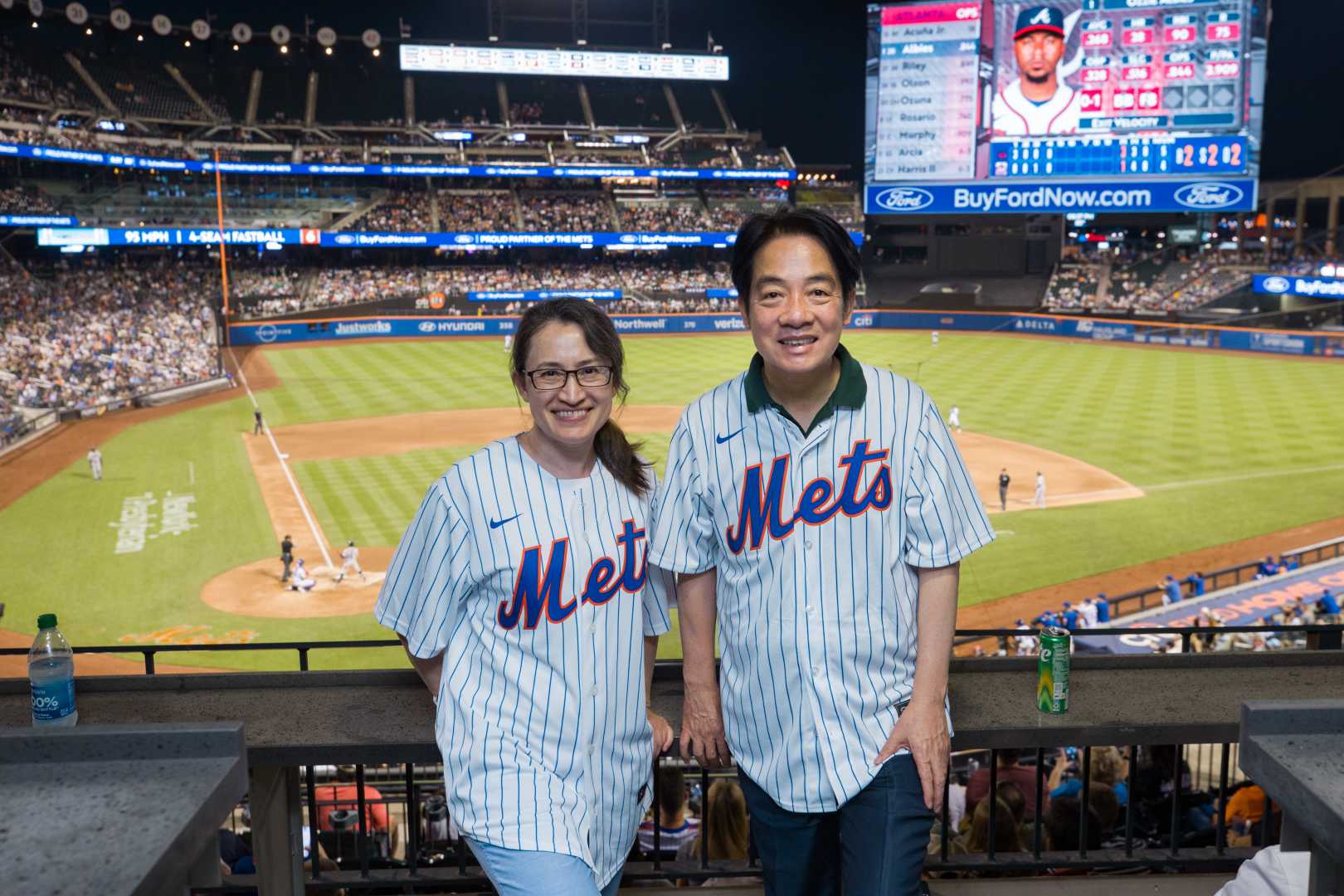Sports
Taiwan’s Baseball Identity Struggles Under ‘Chinese Taipei’ Label

Vancouver, Canada — Taiwanese baseball players have won recognition on the world stage, showcasing their skill and passion for the sport. However, competing under the name ‘Chinese Taipei’ at international events has raised questions about national identity and representation.
This situation stems from a diplomatic compromise made in 1979, allowing Taiwan to participate in the Olympics and major sports competitions without escalating tensions with Beijing, which claims Taiwan as part of its territory. This arrangement means Taiwanese athletes cannot use their flag, anthem, or official name when representing their nation.
A free exhibition titled ‘What’s in a Name?’ will be held from noon to 6 p.m., August 30 to September 1, at the 600 block of Granville Street. The exhibition will explore Taiwan’s rich baseball history and challenge the ongoing debate over the team’s name.
Taiwan’s baseball tradition spans nearly a century, with the island making a name for itself in Little League competitions during the 1970s and ’80s. Modern Taiwanese players, including those in Major League Baseball like Luplau Liu and Chen Wei-Yin, have kept the country’s baseball legacy alive. Each success abroad sparks national pride, yet the identity crisis remains, as the team competes under a name that lacks cultural clarity.
The Taiwanese team recently showcased its talent during the WBC qualifiers in February 2025, featuring a diverse 28-man roster, including 13 Indigenous players from various backgrounds. These athletes underscore the multifaceted identity of Taiwan’s baseball scene, which encapsulates Indigenous heritage, colonial history, and modern pride.
Despite their achievements, the players faced challenges not only on the field but also regarding their representation. Competing as ‘Chinese Taipei’ raises concerns about how the international community perceives Taiwan and its people. During qualifiers, even as fans celebrated their victories, many media outlets continued to refer to them with the contested name, obscuring the players’ true national identity.
The experience of the Taiwanese team echoes broader themes of representation in sports, paralleling other stories like that of the Vancouver Asahi, a Japanese Canadian team recognized for their athletic excellence and resilience against adversity. The struggle for self-representation is ongoing for many marginalized communities in sports.
The upcoming exhibition aims to foster discussions on identity and representation in sports, emphasizing the need for respect and recognition for all players. The journey of Taiwan’s baseball team is not just about wins or losses; it represents a larger fight for acknowledgment and respect in the global sports arena.
Unu (Atayal, Amis) and Gordon Low are co-curators of the exhibition, highlighting the importance of identity in sports. Their efforts seek to enlighten attendees on Taiwan’s journey, while also celebrating the nation’s Indigenous roots and the complexities of its cultural narrative.












